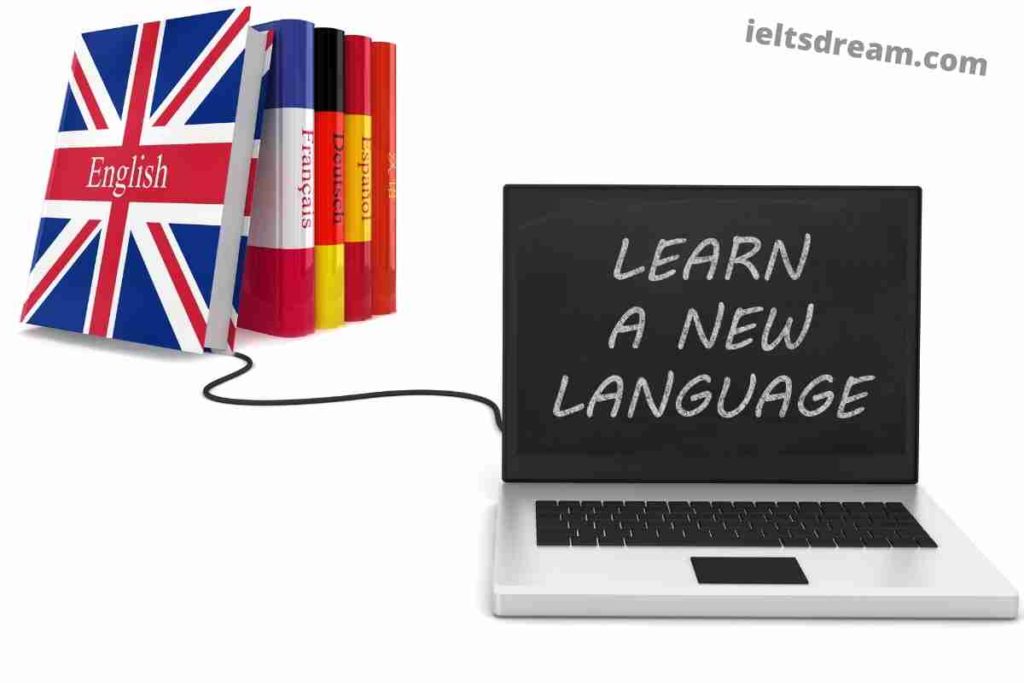Describe a thing you did to learn another language
- What language did you learn?
- What did you do?
- How does it help you learn the language?
- And how do you feel about it?
Sample Answer
I wanted to learn the Tonga language .l had been assigned to work in that part of the country where this language was spoken. I had to date a local man who wasn’t in my class so that he could teach me the language. I would invite him for walks around the area, and we would chat for long periods of time. When I learnt the language, we lost contact and all faded away. I leant one of the minority languages of the Tonga tribe. It’s a unique language but very interesting to learn. It was hard at first, but I enjoyed it as we went along. All the locals spoke this language, so in order for me to function effectively, I had to learn the native language. It made my work easier because, at first, I used to get an interpreter to help me understand what they would be saying. This made my work be done at a very slow pace since I would wait for the interpreter. People are usually more open to individuals that speak their language. So it made it easier for me to communicate and achieve my targets. I felt good about what I did because it gave me a chance to add to the number of languages I know .lt was so satisfying to finally know how to speak the language, although it came with its challenges.
Follow-ups of Describe a Thing You Did to Learn Another Language
Question 1:- What difficulties do people face when learning a language?
Answer- Sometimes, the native speakers might not be open to the idea of welcoming a stranger, let alone teaching them their language. The language might be very difficult to learn and be very different from the one the learner is used to. Sometimes the native speakers might not understand the learner’s language, which leads to them not communicating effectively to teach each other.
Question 2:-At what age should children start learning a foreign language?
Answer- I believe it’s easy to teach them a new language at the youngest age possible when they start going to school. This makes it easier for them to speak the language fluently .l saw a toddler who moved from one part of our country where they speak Shona to our side where Ndebele is dominant. In a matter of weeks, she learned the language and communicated effectively.
Question 3:-Which skill is more important speaking or writing?
Answer- Speaking is very important because it is a general mode of communication. Even in remote places, people speak even if they can’t write because not all of us can write or read.
Question 4:-Do you think language learning is important? Why?
Answer- It is important as it creates a bond with the society you are in as you show that you are interested in their language. In our culture, it’s considered an honour when someone learns your language.
Question 5:-Which is better, to study alone or to study in a group? Why?
Answer- Studying alone is better for me because some people in a group might derail others by raising unnecessary debates during studies .l also discovered that some people catch on to things fast while others are slow. The group will find it difficult to find a balance between the 2. So some will be left behind.
Question 6:-What’s the best way to learn a language?
Answer- The best way to learn a language is to associate with the people that know it very well. To practice daily and welcome corrections, be prepared to be laughed at as you learn.
Question 7:-Does a person still need to learn another language if he is good at English?
Answer- Yes, they do because other nationalities don’t speak English. So learning other languages and English is excellent.
Question 8:-Do you think minority languages will disappear?
Answer- Yes, I believe they will disappear because the world as we know it has changed. People are moving from one place to the other. The majority of languages are taking over the minor ones. There is also this trend in our country where young people prefer to speak English instead of their language.
Follow Us Our Facebook Page For Updates related to IELTS material

